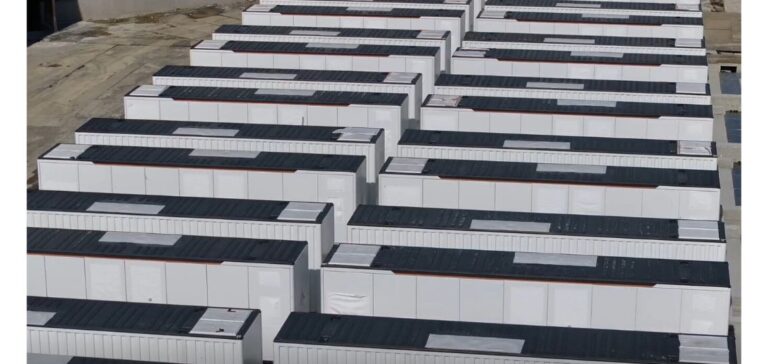Twaice, a company specialised in predictive analytics software for Battery Energy Storage Systems (BESS), has announced the deployment of more than 15 new features aimed at enhancing operational efficiency and operator profitability. The German company introduced these developments as a direct response to the growing complexity of systems and the volatility of electricity markets.
Improving risk management and reliability
Among the key innovations is the Penalty Risk Assessment tool, designed to prevent financial penalties linked to errors in estimating the State of Charge (SoC). This module identifies critical operating thresholds and provides recommendations based on real-world data instead of the often-inaccurate estimates from Battery Management Systems (BMS). It thus enables operators to deliver electricity at the most lucrative times.
According to Stephan Rohr, co-founder and co-Chief Executive Officer of Twaice, “many of our clients are facing new and complex challenges. These updates were designed to deliver immediate, practical value.”
Financial and technical indicators for operators
Twaice has also introduced new energy performance indicators, such as Usable and Recoverable Energy KPIs. These tools allow quick identification of hidden energy losses and their financial impact through integration with the Modo Energy platform. This supports prioritisation of actions for underperforming assets.
Another development relates to overall energy efficiency tracking via Roundtrip Efficiency (RTE) analysis, which encompasses not only batteries but also transformers and inverters. This proactive monitoring helps detect efficiency losses at an early stage.
Contract tracking and report automation
To manage contractual obligations, Twaice has introduced a warranty and contract monitoring module based on over 50 key performance indicators. It triggers predictive alerts before critical thresholds are crossed, potentially avoiding costly disputes.
Finally, enhanced automated reporting allows targeted and periodic dissemination of critical data, adapted to the operational needs of relevant teams. Users can receive detailed insights on a daily, weekly, or monthly basis.
These innovations stem from close collaboration with Twaice’s customers, including BW ESS, a major sector player. Its Head of Asset Management stated that Twaice’s software “allows us to make more effective operational decisions and ensures the safety of our entire battery portfolio.”






















